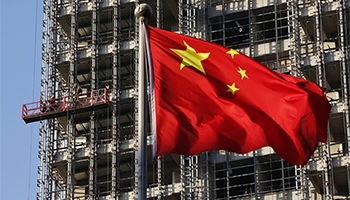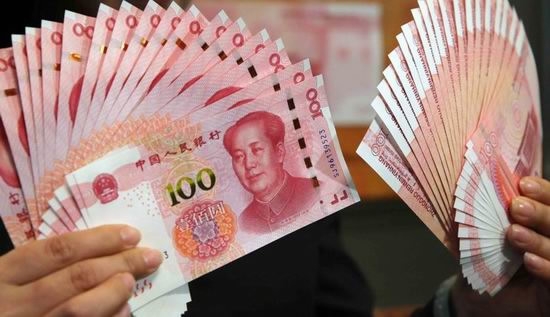
Business
21:43, 17-Dec-2017
Preview of China's Central Economic Work Conference for 2018
By Xu Xinchen

China's Central Economic Work Conference for 2018 will start on Monday. The annual meeting will set the tone for the country's future economic agenda and all of China's top leaders will be there, including President Xi Jinping and Premier Li Keqiang. A final statement that sums it all up will be announced at the end of the meeting.
What is up for discussions for 2018?
It is expected that the country will continue to take measures to deleverage and control financial risks in 2018. Opening up and reform, poverty alleviation and environmental protection are some of the other focus areas.
In order to bring the country's real estate market under control, China is developing its rental housing markets and new policies that will allow for more affordable rental apartments to be built are expected.

China is aiming to lift everyone out of poverty by 2020. The Ministry of Agriculture recently said that China plans to train some 1 million skilled farmers in 2018. That is also in line with the country's goal to reform its agriculture industry and boost development in rural areas.
It's predicted that environmental protection will also be discussed. The Chinese government has ambitious goals to improve its environment, including pushes for more green energy vehicles and a need for alternative energy sources during the winter heating season.
In addition, China already has its "Internet plus" initiative to digitize its economy and continue to grow innovation. That strategy could continue and expand even further as more "deep technologies" mature, like artificial intelligence and big data.
What has been achieved in 2017?
Last year, the conference set out a goal of sustaining "stability" for the year 2017.
With a projected 2017 GDP growth rate of between 6.5 percent to 6.8 percent, China's economy is still robust, while global GDP growth is estimated to be just around 3 percent and growth in the US hovers at around 2 percent.
2017 has been another important year for structural reform, and for getting corporate and government debt levels under control. We have seen the first batch of China's state owned enterprises (SOEs) undergoing mixed ownership reforms. SOEs have vast capital reserves while many smaller Chinese companies excel at entrepreneurship and innovation. So this strategy aims to better utilize the strengths of SOEs and the private sector.
The housing market is undergoing changes. China's burgeoning real estate market has been criticized as a major risk in the past few years. In order to put the real estate market under control, there have been more purchasing restrictions rolled out to curb prices. The recent 19th National Congress of the Communist Party of China (CPC) reiterated that residential properties are for people to live in, not for speculation.
China continues to be committed to opening up. More free trade zones were established in seven different provinces and the first negative list for foreign direct investment is now in place. Plus, more sectors in the service, manufacturing and mining industries are now welcoming foreign investment.

SITEMAP
Copyright © 2018 CGTN. Beijing ICP prepared NO.16065310-3
Copyright © 2018 CGTN. Beijing ICP prepared NO.16065310-3